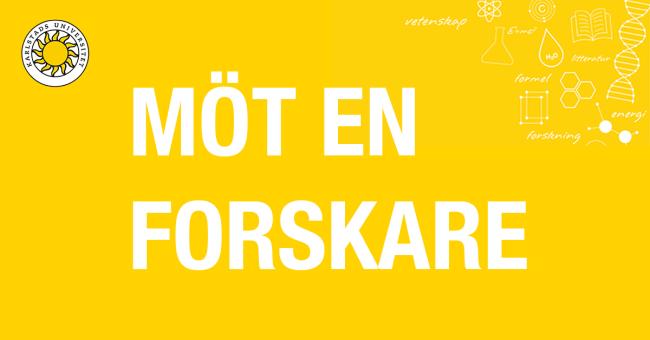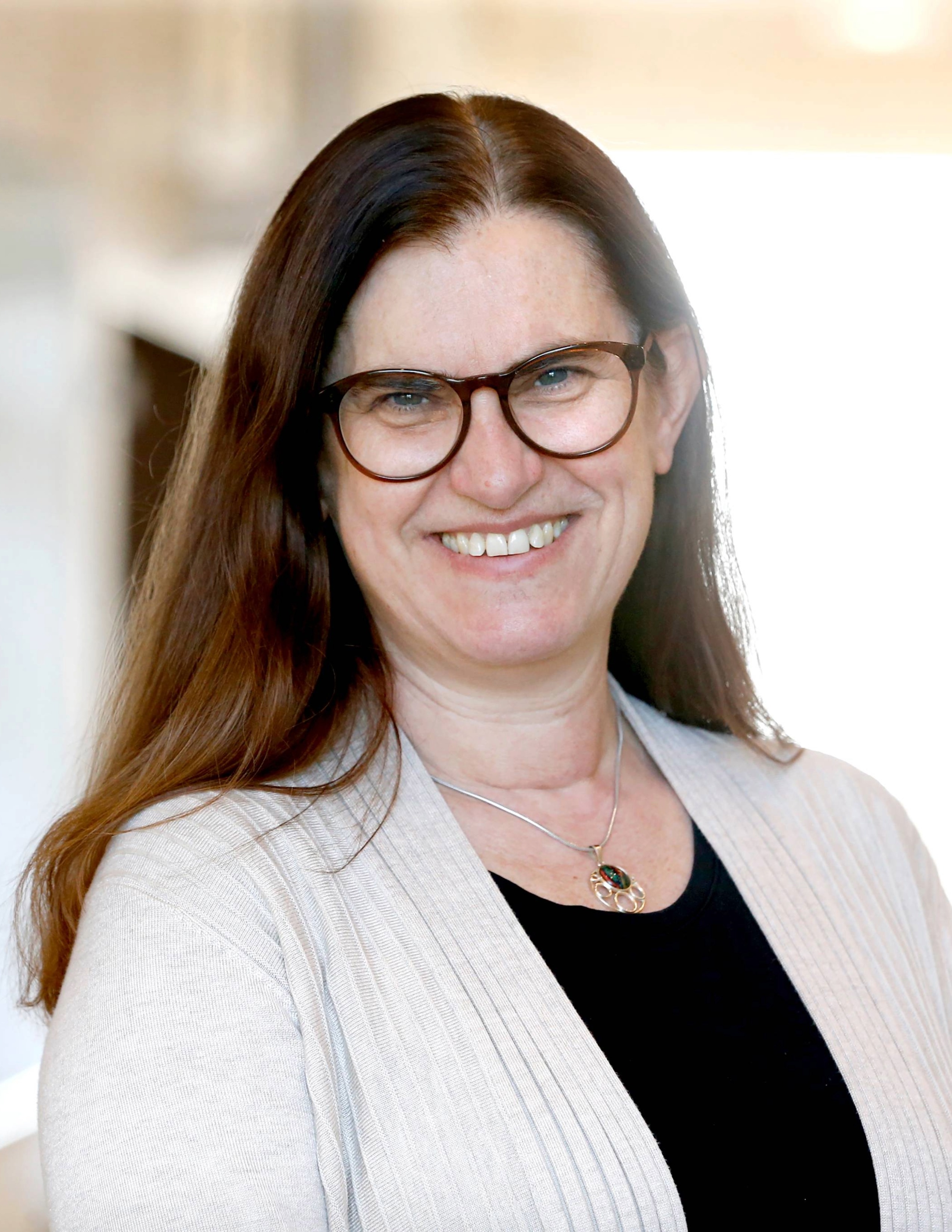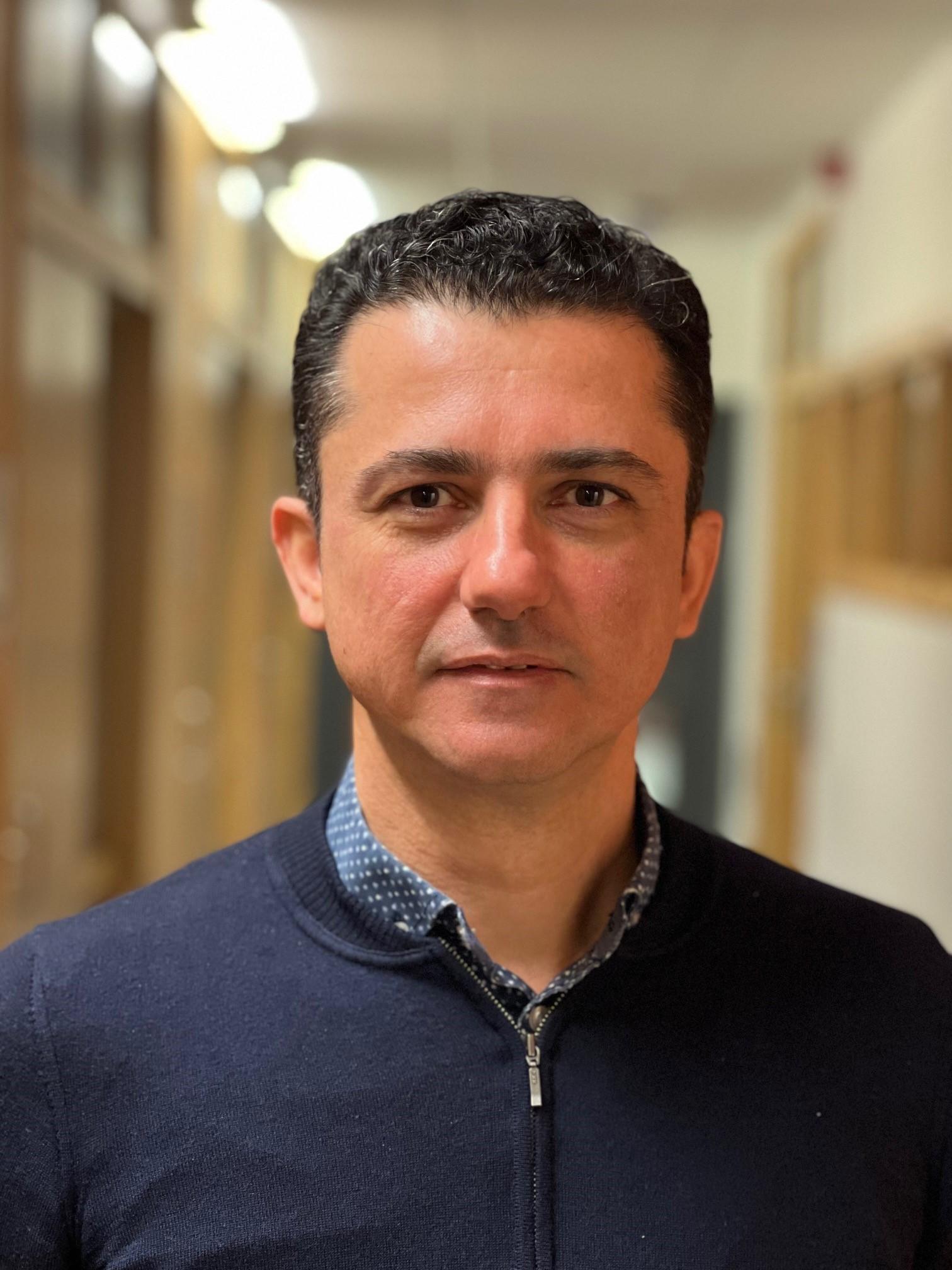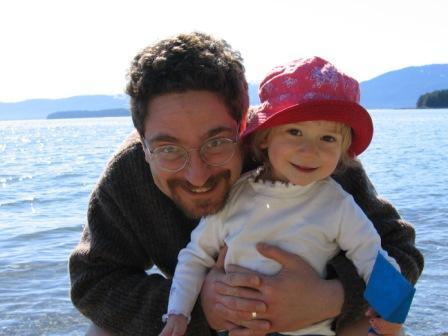Meet a researcher
Meet a researcher are open seminars where you can listen to interesting researchers at Karlstad University. The seminars are open to all - students, staff and the general public. From 2024 you are also able to participate via Zoom, a link is published with each seminar.

On this page you will find information about upcoming seminars held in English.
For seminars in Swedish click on the following link:
VT 2025
Exploring the future of solar energy | |
Solar cells are made of semiconductors that absorb light and convert it to electricity. Solar cells, based on crystalline inorganic semiconductors like silicon and gallium arsenide, convert light to electrical power efficiently and have long operational lifetimes. But their fabrication requires great care, high temperatures and clean-room conditions. The dominant part of photovoltaics research has been focused on two new classes of solar cell materials: organic molecules and halide perovskites. Both of them are processed from solution at room temperature and became promising, alternative, low-cost renewable energy technologies. The photoactive layer of an organic solar cell (OSC) is based on a mixture of electron donating and electron accepting molecules. In recent years extensive research in organic synthesis has led to new high-performance electron acceptors yielding record power conversion efficiencies of approximately 20%. Other advantages of OSCs are their flexibility, transparency, light weight, and inexpensive large area production. Some of the research topics in this field are:
Ellen Moons is a professor of physics at Karlstad University and a member of the Royal Swedish Academy of Science in the discipline of physics. | |
 | Time: Wednesday April 23 kl. 12:00-12:45Place: The Learning lab, Karlstad University Library (floor 3) and Zoom webinar (link to be published) |
HT 2024
The Pain, Care and Hope around Climate Change
The devastating impacts of climate change are unfolding in wildfires, floods, hurricanes, and droughts in Sweden and worldwide, as well as in growing anxiety and trauma, particularly among the younger generation.
It’s high time we face the pain of the irreversible damage humanity has caused to the climate, and also rethink what we care for, what we can still save, and what we can turn around. In this talk, Dr. Avit Bhowmik will summarize the past eight years of his research to show why we should be worried, but also why we should be hopeful.
He will also bring fresh perspectives from COP29 in Baku, Azerbaijan, as well as from previous COPs, and is looking forward to discussing how we all can make a difference in our roles as researchers, teachers, administrators, parents, and humans.

TIME: Wednesday November 20, kl. 12:00-12:45
PLACE: The learning lab, floor 3 and on Zoom webinar
VT 2023
EE@KAU as hotspot: education and research
Andreas Theocharis teaches several courses at Karlstad University as an instructor in the field of fundamental physics, electrical circuit analyzes, AC and DC electrical power systems operation analyzes and control, analysis and design of electrical power installations, renewable energy systems.
Nowadays, several socioeconomic, environmental and technological reasons drive the necessity to change the energy production, delivery and utilization landscape to a more sustainable framework. Recent advancements on power engineering, computer science, information technology and communications offer a breeding ground to develop and establish future and intelligent energy systems.
In this framework, the Electrical Engineering at KAU (EE@KAU) is active in the fields of renewable energy systems, microgrids and distributed energy resources, artificial intelligence, transactive microgrids and smart grids. EE@KAU offers several options to KAU students and for exchange students such as participation in research projects via bachelor and master theses and project engineers. In addition, a series of interdisciplinary courses is available for them who want to strength their competences in the above fields.
This talk is dedicated to inform about new developments in the area of smart grids led by EE@KAU and to inspire KAU and exchange students in the field.
This open seminar is held in English.

TID: Wednesday March 22, kl. 12.00-12.45
PLATS: The Library Learning Lab (floor 3)
What is ecological sustainability and why is it important?
John J Piccolo currently works at the Department of Environmental and Life Sciences at Karlstad University where he does research in ecology and conservation biology. His research focus includes freshwater ecosystems and conservation ethics. John is also a President of the Society for Conservation Biology, Europe Section, and advisor for the new peer-review, open access journal The Ecological Citizen.
Sustaining ecosystems for nature and people is the goal of ecological sustainability. Without functioning ecosystems there can be no true sustainability. The goal of conservation biology is to preserve the rich biodiversity of life on Earth. Sustaining this diversity into the future is called Earth stewardship. Conservation biology and Earth stewardship blend eco-evolutionary research with ethics and education to help ensure a sustainable future for the biosphere.
This seminar will be held in English.

TID: Wednesday January 25, kl. 12.00 - 12.45
PLATS: The Library Learning Lab (floor 3)

